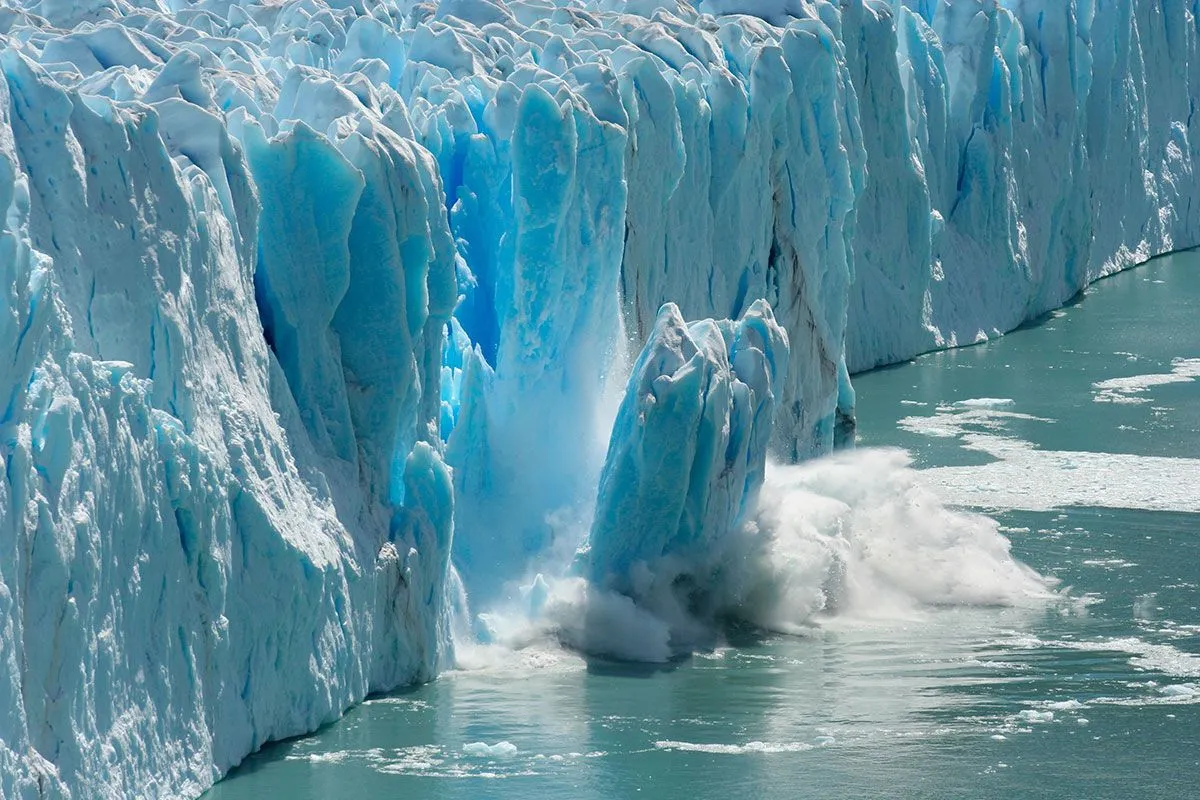Prehistoric Whale Cemetery Revealed by Melting Arctic Glaciers

Scientists have stumbled upon an amazing find on Wilczek Island, part of Russia’s Franz Josef Land archipelago. With glaciers shrinking as the climate warms, a prehistoric whale cemetery has been exposed, giving us a rare peek into life from way back then. This discovery isn’t just a goldmine for researchers—it also reminds us how fast our world is changing.
Finding this so-called “marine cemetery” proves there are hidden treasures under all that ice. The site, packed with whale bones from prehistoric times, is like a natural time capsule of ancient ocean life. It also makes you wonder what other historical relics might surface as more polar ice melts, showing a double-sided situation: while our warming world is throwing some major challenges our way, it’s also slowly revealing Earth’s forgotten stories.
Why Wilczek Island’s find matters
On Wilczek Island, retreating glaciers have uncovered a spot brimming with ancient whale remains. These bones aren’t just broken pieces—they’re keys to unlocking secrets about prehistoric life and environments. Dubbed a “marine cemetery,” the site offers a one-of-a-kind chance to dig deeper into how these giant creatures lived and passed away in a time that still holds plenty of mysteries.
The reach of this discovery goes beyond just studying old bones. As scientists examine these remains, they’re hoping to come up with fresh ideas about ancient shifts in weather and the evolution of our oceans. Every bone seems to tell its own story—from cycles of ice ages to animal migrations and even changes in sea levels that helped shape our planet’s history.
Science and global warming
This incredible find is closely tied to today’s warming weather. As Arctic temperatures rise, glaciers that have been around for centuries are now pulling back faster than ever. In doing so, they’re opening up hidden chapters from Earth’s past while also underscoring just how delicate our present environment can be.
Researchers from the Arctic and Antarctic Research Institute (AARI) are right in the thick of studying these changes. Geologist Nikita Demidov, who works with AARI, was pretty blown away by the amount of remains uncovered on Wilczek Island. His reaction shows both the excitement in the scientific community and the strong feelings that come with witnessing such extraordinary finds.
What whale bones reveal
Beyond its role in our history, the spot on Wilczek Island gives us valuable insights into ancient marine ecosystems. The size and layout of the whale remains hint at how these animals might have interacted with each other and their environment. Scientists are eager to explore these details, hoping to piece together how marine life functioned when the climate was very different from today.
By looking at these old bones, researchers hope to better understand how past shifts in weather patterns and sea levels affected ocean life. This kind of information is really helpful as we face today’s environmental challenges that threaten biodiversity across the globe.
What this means for our planet moving forward
Every discovery from places like Wilczek Island adds a new layer to our understanding of how Earth works. These finds aren’t just interesting stories from the past—they also speak volumes about the changes unfolding in our world today.
As more secrets are revealed from beneath melting glaciers, we learn more about how climates have shifted over time and what that might mean for the future. Ideally, these revelations will spark a renewed sense of care for our planet’s delicate ecosystems and encourage smarter choices when it comes to managing our warming world.
In the end, this discovery is a call to all of us—researchers and everyday folks alike—to reflect on how our actions shape Earth’s future. Looking at these relics from Wilczek Island’s icy depths makes you wonder what other mysteries might pop up as nature’s frozen vaults unlock their secrets in our ever-changing climate.